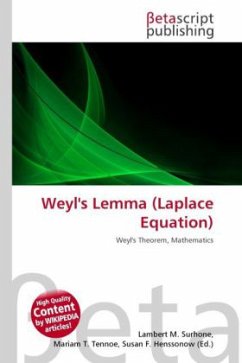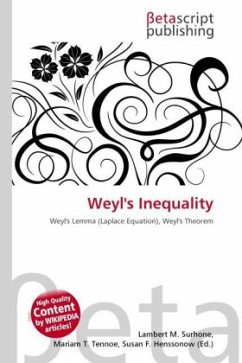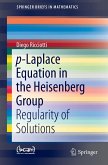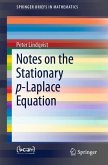High Quality Content by WIKIPEDIA articles! In mathematics, Weyl's lemma is a result that provides a "very weak" form of the Laplace equation. It is named after the German mathematician Hermann Weyl. Let n in mathbb{N} and let be an open subset of mathbb{R}^{n}. Let denote the usual Laplace operator. Suppose that u is locally integrable (i.e., u in L_{mathrm{loc}}^{1} (Omega; mathbb{R})) and that int_{Omega} u(x) Delta phi (x) , mathrm{d} x = 0 quad (Eq. 1) for every smooth function phi : Omega to mathbb{R} with compact support in . Then, possibly after redefinition on a set of measure zero, u is smooth and has u = 0 in . Weyl's lemma can be proved by convolving the function u with an appropriate mollifier, and then showing that the resulting function satisfies the mean value property, which is equivalent to being harmonic. The nature of the mollifer chosen means that, except on a set of measure zero, the function u is equal to its own mollifier.
Bitte wählen Sie Ihr Anliegen aus.
Rechnungen
Retourenschein anfordern
Bestellstatus
Storno








